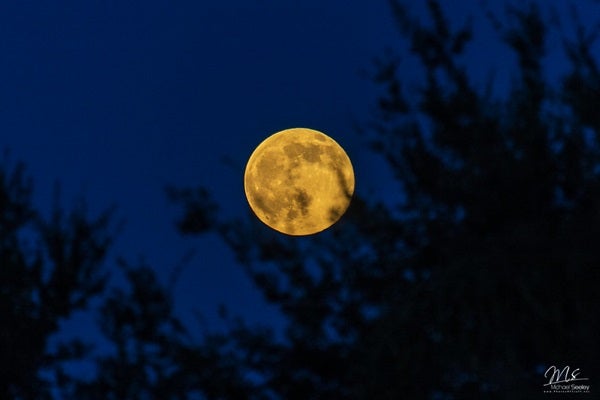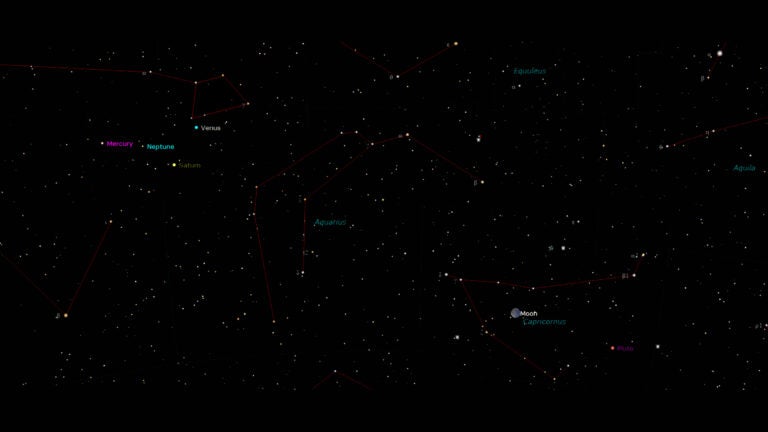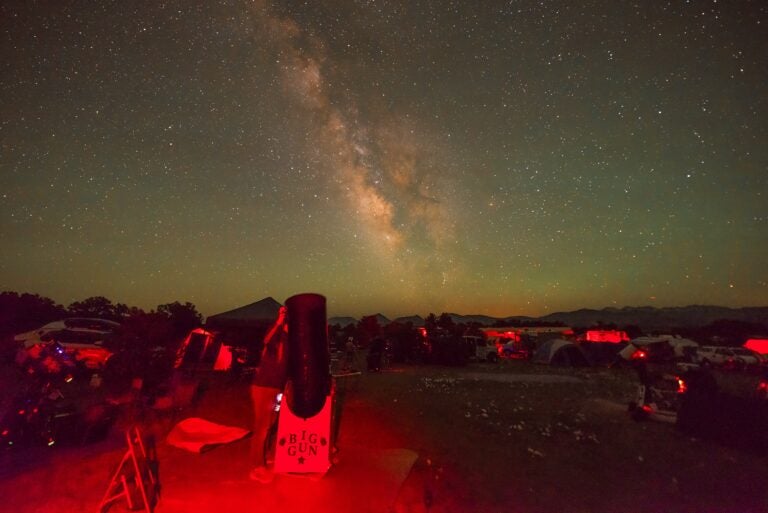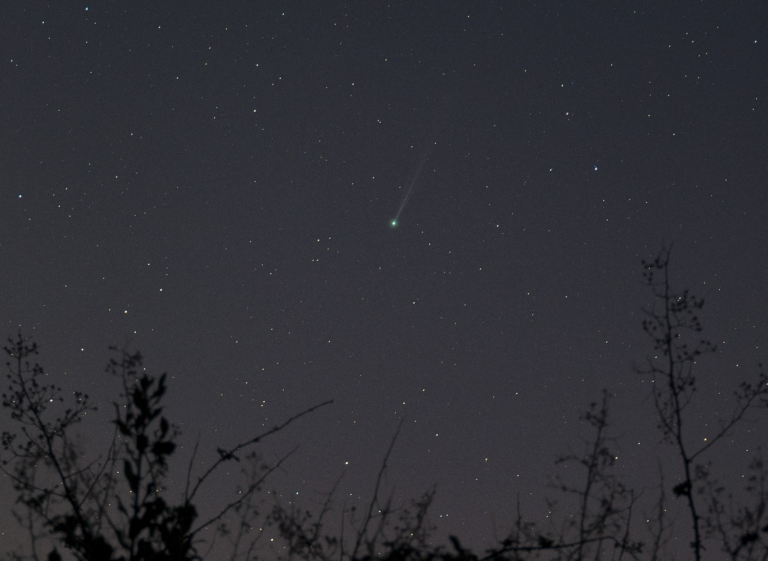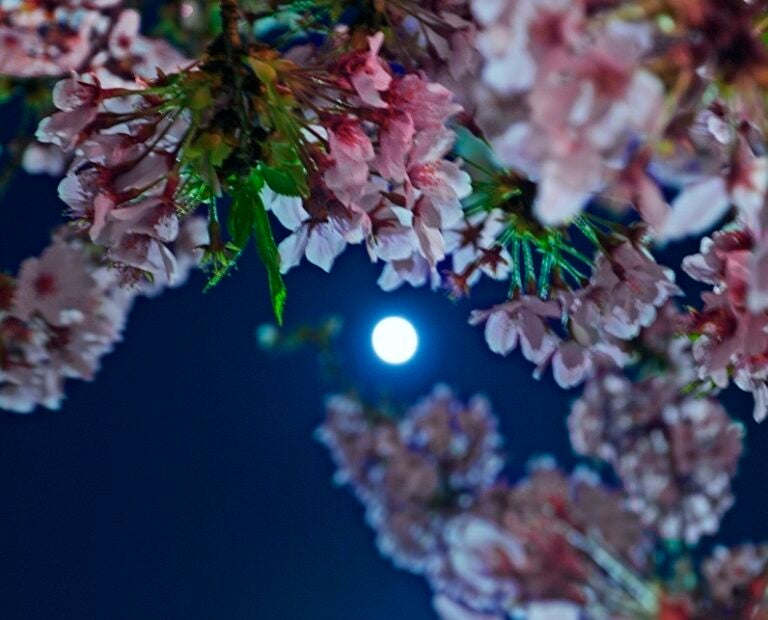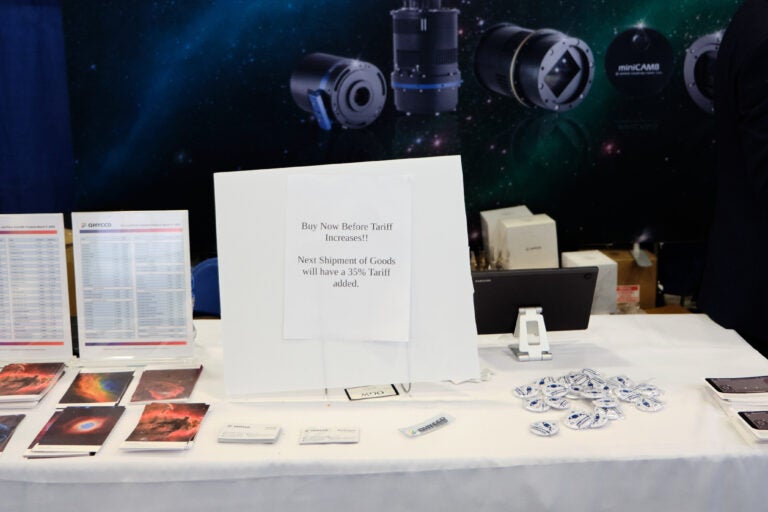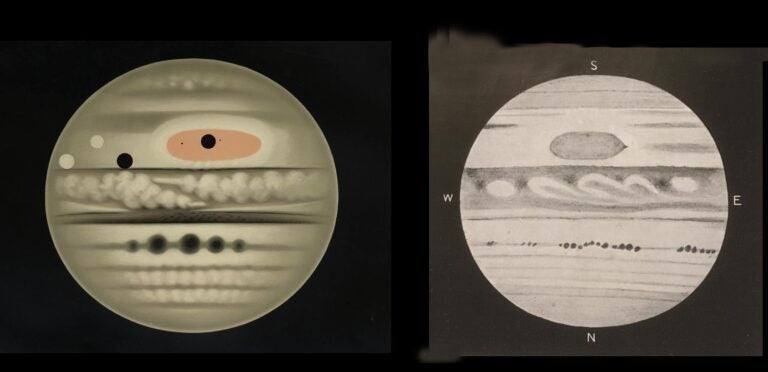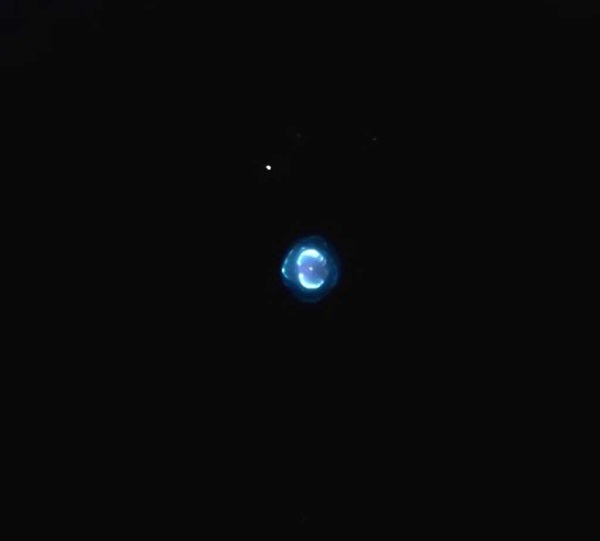
How much color should I be able to see in sky objects through a 10-inch telescope?
Dennis Holt
Concordia, Kansas
Unfortunately, when you look at distant galaxies and nebulae, you won’t see much color through your telescope. That’s because you’re viewing objects that are too faint to trigger your eyes’ color receptors. This is the same reason why on Earth we see lots of color in the daytime but not much at night.
However, two classes of celestial objects — double stars and planetary nebulae — break this rule. The reason is their sizes. Stars are point sources, and planetaries typically measure less than 1′ across. (As a comparison, the Full Moon spans 31′.) So although these objects are not all that bright, their light is concentrated in a small area. In astronomical terms, their surface brightnesses are high. The table below provides 10 colorful objects to observe.
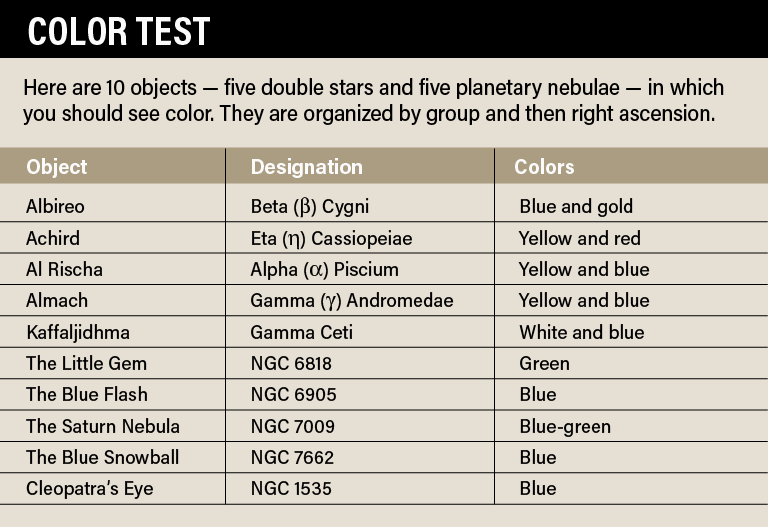
Michael E. Bakich
Associate Editor
This question and answer originally appeared in the June 2013 issue.

